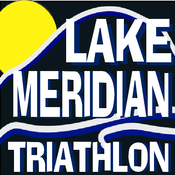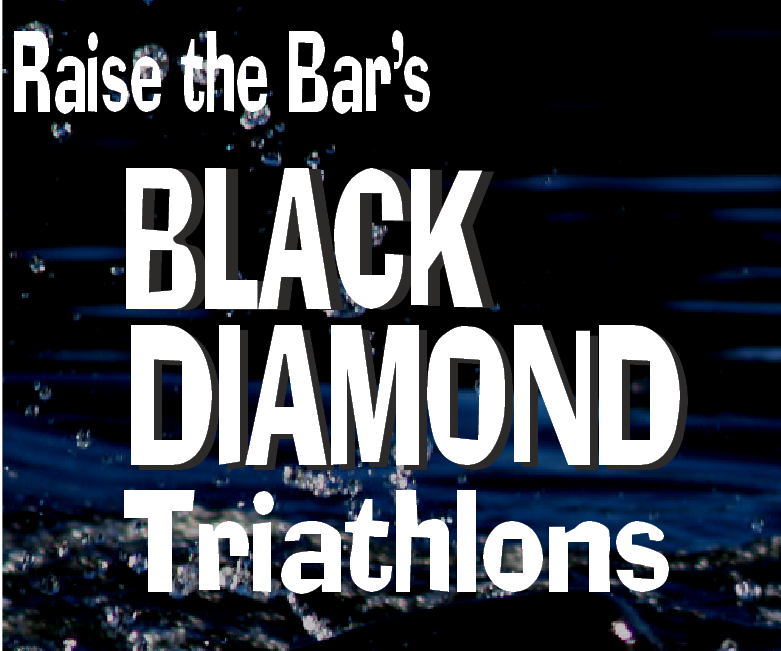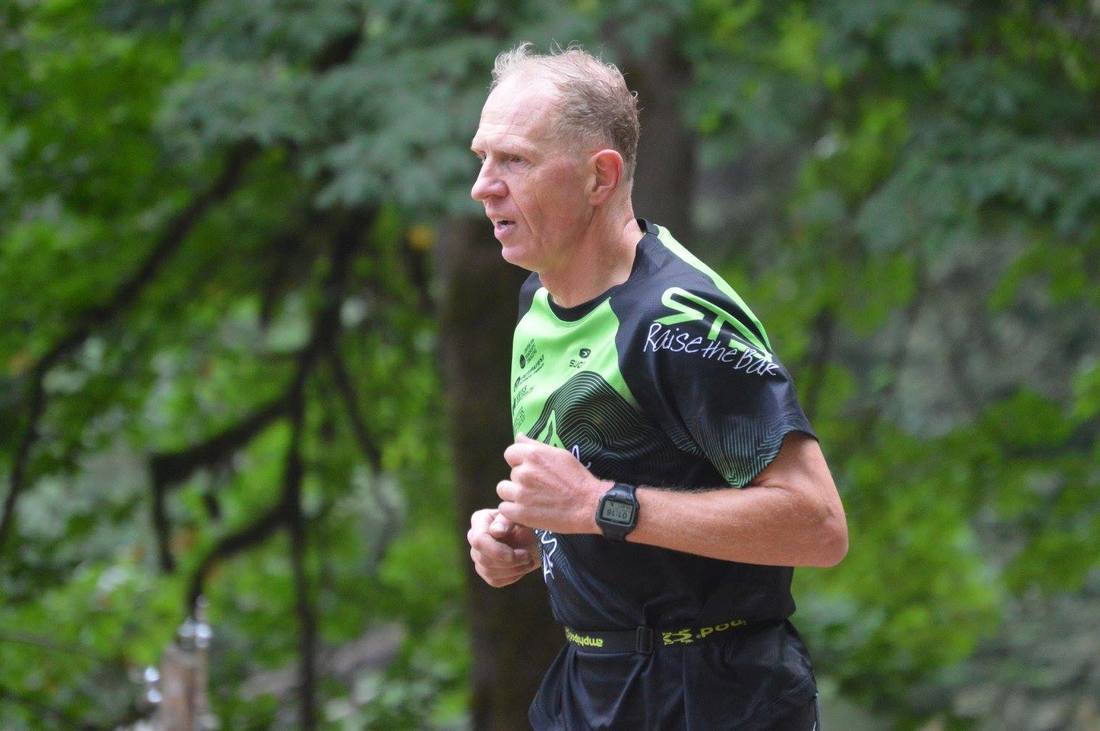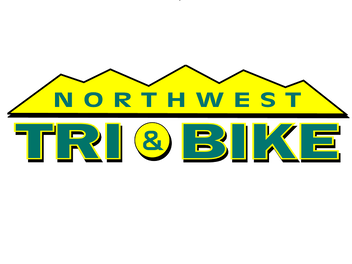Q&A with Outpatient Physical Therapy Owner, Zach Steele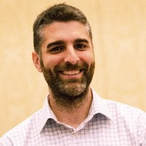 Zach Steele is a Physical Therapist, father of three young children and one of the owners of Outpatient Physical Therapy (OPT). He is also a competitive triathlete. In this interview, we will take a look at the sport from the perspective of a physical therapist who has been in the tri trenches, from being humbled in the pool to sustaining training injuries just like his patients. What inspired you to become a triathlete? Triathlon tests the limits of your fitness, and probably even more so, your grit. As an RTB sponsor, I had spent time at our OPT booth during the Lake Meridian Triathlon, and I was (and still am) so impressed with the diversity of athletes at these events. I was a high school athlete and fairly competent recreational runner. Convinced this was no different, I enthusiastically (and impulsively) signed up for the Black Diamond 70.3 the following year. Ramping up my miles gave me an excuse to avoid the pool (as it turns out, bobbing around in vacation pools isn’t a reasonable facsimile for real swimming). While I could run 15 miles in a stretch, I was humbled to realize that swimming 15 yards left me gasping for breath. In an act of generosity, pity, or a little of both, Patty Swedberg offered to help me with my stroke. Fundamentals I had been struggling with for weeks started to come together and I was starting to gain a bit of confidence to actually race (read: I was eventually able to reach the other side of the pool, so I could participate in lap swim without the lifeguard getting nervous). 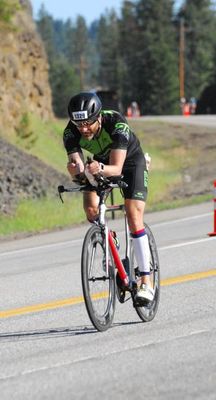 I hadn’t yet pulled the trigger on purchasing a bike - several of my previously enthusiastic (and pricey) hobby endeavors had fallen by the wayside - and I was going to forego my wife’s side eye for as long as possible. Finally, the day came when I was committed enough that I needed to purchase a bike. No bike=no race. Brad and his team at Northwest Tri & Bike utilized their expertise and copious amounts of patience to help me select a bike and get me outfitted with everything I needed. I excitedly rushed home and immediately went for a ride around our neighborhood. I was yet again humbled - no, panicked - when I encountered my first hill. As I walked up that hill, I pondered my wife’s side eye, and my ability to actually finish this race. However, after a few more hills and more than a few falls at intersections trying to unclip, I finally started enjoying my long rides. I finished that race, and, once I could walk again, signed up for another. I continue to be inspired by the triathlon culture and community, and equally, the physical and mental challenges it presents. How long have you been racing? I am headed into my third race season. I was completely hooked after my first race; multisport will do that to you. Last year, I was able to complete my first full ironman. My “dream big” idealism has me aspiring for Ultraman 2020 or 2021. 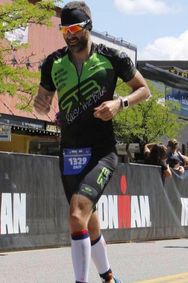 What have you learned from being an injured triathlete? Every injury is an opportunity to find our weak points and remind us to re-balance our training time. Shoulder pain while swimming has forced me to prioritize bilateral breathing. I must strengthen my core, just like everyone else, to avoid back pain with running. With every new injury, I have been required to evaluate my training program for the nidus of that injury. The biggest challenge has been addressing the injury properly without losing fitness during the recovery process. Personally, I have found that regular massages and consistent cross training help me get through high volume training periods with the least amount of downtime. From a PT perspective, what advice do you have for triathletes during the off-season? I feel it is important to allow your mind and body to recover during the off-season, to avoid burnout and to reflect on the previous race season and goals for the upcoming year. Spend a at least a few weeks without structured swimming, biking and running workouts. The off-season is a good time to work on strength, flexibility, and address any nagging injuries you’ve been attempting to ignore. I like to spend my off-season working on sport-specific techniques and general strengthening. A lot of running, as I really enjoy focusing on specific goals pertaining to that. I use swimming and cycling for cross training and recovery workouts. For me, this is the sweet spot that allows me to maintain my base fitness in those sports and reduces injury from my increased running mileage. Final thoughts? Over the past 3 years, triathlon has changed my life in many ways. I now go to bed embarrassingly early, so I can be up for 4:30am workouts. I have overhauled my diet to be more in line with my values and goals. Most importantly, what started out as an impulsive decision has turned into a journey of self-awareness. Hundreds of hours and thousands of miles provide a lot of built-in think time. Or maybe, the sport is difficult enough that it forces you to face your real level of commitment. Though I can’t pinpoint the exact etiology, triathlon has helped me develop self-awareness for the things I truly want in life, and the persistence to pursue those things. How’s that for a selling point? Physical Therapists and Massage Therapists at the 7 Outpatient Physical Therapy clinics throughout the South Sound want to help you race your best in 2019! Visit www.outpatientpt.com for a location near you.
0 Comments
Your comment will be posted after it is approved.
Leave a Reply. |
Raise the BarRace reports, upcoming events, news, and more, from RTB. Archives
September 2023
|
 RSS Feed
RSS Feed
